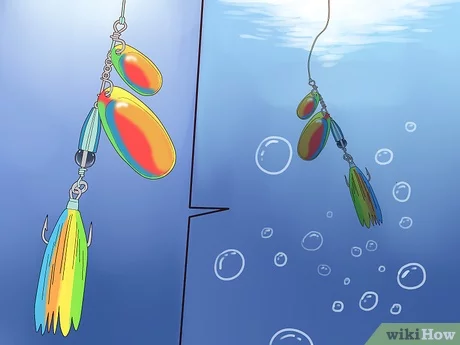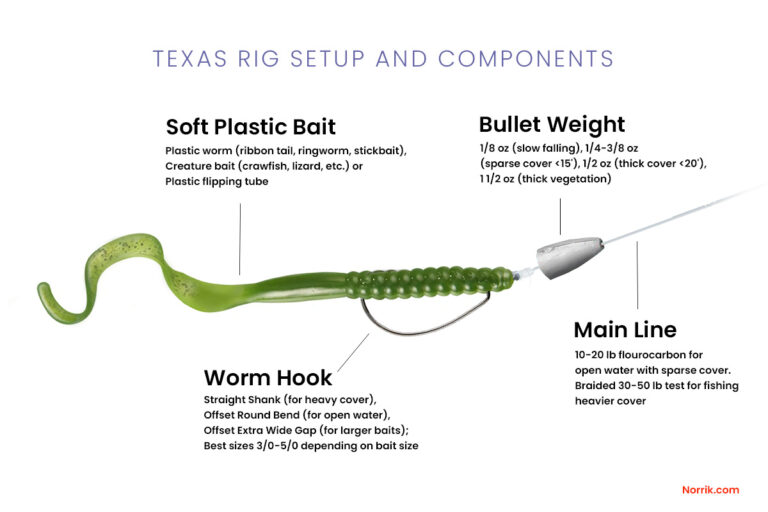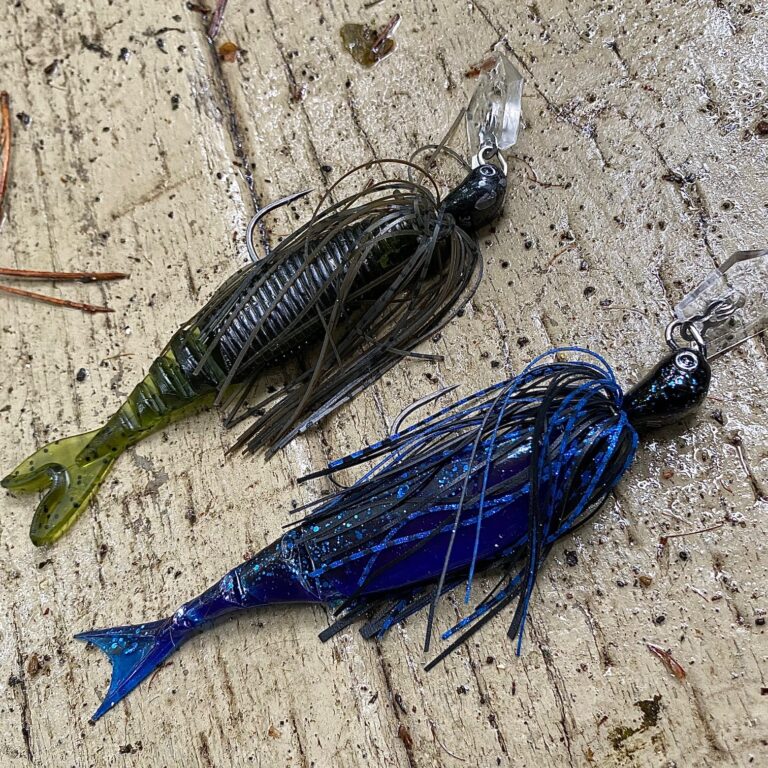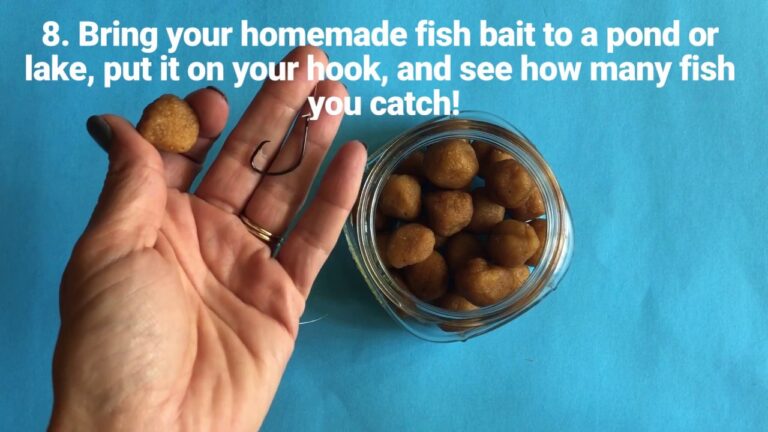How to Use a Jerkbait
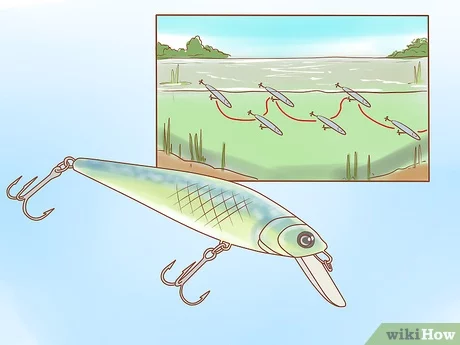
To use a jerkbait effectively, jerk the bait with the rod to create a random and erratic behavior that entices bass to bite.
Introduction And Basics
The jerkbait is a type of fishing lure that is designed to mimic the movement of a wounded baitfish. It is typically a hard-bodied lure with a slender profile and is used to target predatory fish such as bass and walleye. A jerkbait is designed to be retrieved with sharp jerking motions, causing it to dart and dive erratically. This is in contrast to a crankbait, which has a more consistent, steady wobble when retrieved. The key difference between the two lures is the erratic action of the jerkbait and the more consistent movement of the crankbait.
When using a jerkbait, anglers typically employ a jerking motion with the rod to impart the desired action to the lure. The type of rod and reel setup used for jerkbait fishing can impact the effectiveness of the technique. Additionally, the color and size of the jerkbait can also play a significant role in its success in different fishing conditions and environments.
Choosing The Right Gear
| Heading: Choosing the Right Gear |
|---|
|
Rod Selection:
Line Choices:
|
| Subheading under heading: Action and Retrieval Techniques |
|
Retrieve Techniques:
|
Techniques And Tips
When it comes to working a jerkbait, there are a few techniques and tips to keep in mind. First, it’s important to choose the right color and style that will attract the fish you’re targeting. Different colors and styles can mimic different baitfish, so it’s worth experimenting to see what works best in your area. Assembling a jerkbait arsenal is also important, as having a variety of sizes and styles can help you adapt to different fishing conditions.
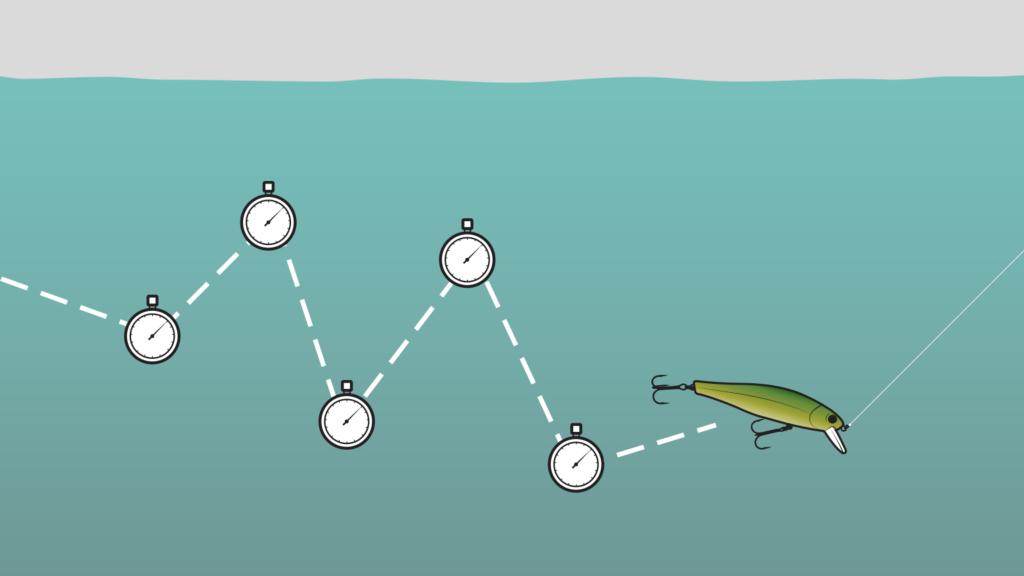
Credit: majorleaguefishing.com
Targeting Specific Fish Species
When using a jerkbait, it’s important to know the specific techniques for targeting different fish species. For bass, focus on imparting erratic action with occasional pauses. When fishing for trout, go for smaller jerkbaits to mimic their natural prey. Alternatively, for walleye, use a slow, steady retrieval with occasional twitches. Understanding and adapting to each species’ behavior is crucial for successful jerkbait fishing.
Seasonal And Environmental Considerations
When it comes to using jerkbaits, there are some seasonal and environmental considerations to keep in mind. In the winter, jerkbait techniques may vary due to the colder water temperatures. It’s important to use slower and more deliberate movements to entice the fish. In the spring, as the water starts to warm up, jerkbaits can be used to mimic the movements of baitfish and attract aggressive strikes. Fishing jerkbaits in early fall requires paying attention to the baitfish patterns and adjusting your technique accordingly. Understanding the difference between jerkbaits and crankbaits is crucial. While crankbaits have a steady side to side motion, jerkbaits are meant to be fished by jerking the bait and creating erratic movements. Choosing the right rod with the appropriate action is also important for effectively using jerkbaits. Overall, mastering the proper techniques and understanding the seasonal and environmental factors will greatly improve your success when using jerkbaits in your fishing adventures.
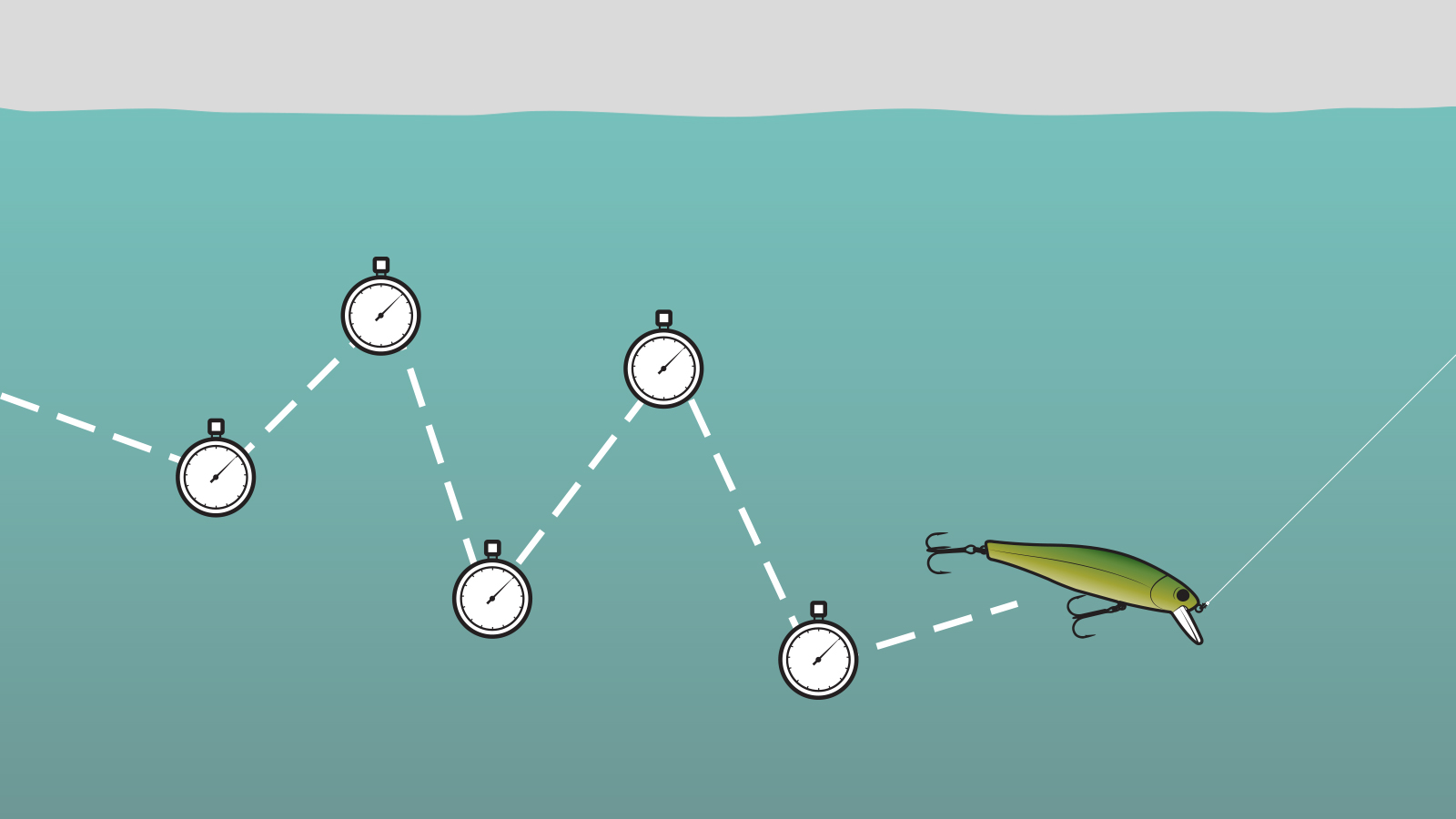
Credit: majorleaguefishing.com

Credit: www.wikihow.com
Frequently Asked Questions Of How To Use A Jerkbait
How And When To Use A Jerkbait?
To use a jerkbait, move it slightly and let it sit in front of a fish, daring it to bite. The bait’s random and erratic behavior attracts bass in cold, clear waters. Jerkbait fishing is mostly done with the rod, unlike crankbait fishing, which is done with the reel.
Use a fast or moderate action rod for jerkbait fishing.
What Is The Difference Between A Jerkbait And A Crankbait?
The primary difference between a jerkbait and a crankbait is in their fishing technique. Crankbaits have a steady wobble and are reeled in, while jerkbaits are meant to be fished by jerking the bait with the rod, creating a more erratic movement.
What Rod To Throw A Jerkbait On?
For a jerkbait, it is recommended to use a rod with a fast or moderate action.
What Action For A Jerkbait?
For a jerkbait, the preferred action can vary. Some anglers prefer a fast action rod, while others prefer a moderate action rod. It depends on the fishing conditions and personal preference. Use a straight retrieve for a shimmying action, but a jerkbait shines on a snap-pause retrieve for more effectiveness.
Conclusion
Mastering the art of using a jerkbait can significantly enhance your fishing game. By understanding the differences between jerkbaits and crankbaits, choosing the right rod and action, and perfecting your technique, you can increase your chances of luring in the biggest catch.
With these tips, you’ll be ready to reel in the perfect fish on your next fishing adventure.
